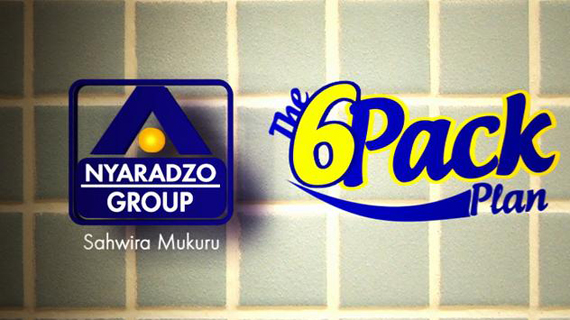
AN oligopoly is emerging in the funeral assurance sector as the country’s top four players dominated 90% or $17 million of the business during the first four months of the year, a report by the insurance regulator has shown. By Bernard Mpofu, ACTING BUSINESS EDITOR
An oligopoly is a market form in which a market or industry is dominated by a small number of sellers (oligopolists). Critics say oligopolies may result from various forms of collusion which reduce competition and lead to higher costs for consumers.
Nyaradzo Funeral Assurance Company, according to the Insurance and Pensions Commission (Ipec) report, maintained pole position as the country’s biggest funeral assurer during the period under review buoyed by a strong growth in business written.
The company’s net premium interest (NPI), was up 44% to $10,3 million ahead of its distant rival Moonlight, at $3,2 million NPI.
The figures also show that First Funeral has overtaken Doves on third position in terms of NPI.
With $17 million of NPI concentrated in the hands of the top four (Nyaradzo, Moonlight, First Funeral and Doves), the other seven players only controlled $2 million in NPI.
In total, the 11 funeral companies surveyed by Ipec achieved $19 million in NPI, a 49% increase from the $12 million recorded in the comparative period last year.
The funeral industry realised $19 million in net premiums, a 49% growth from $12 million reported for the comparative period last year.
- Chamisa under fire over US$120K donation
- Mavhunga puts DeMbare into Chibuku quarterfinals
- Pension funds bet on Cabora Bassa oilfields
- Councils defy govt fire tender directive
Keep Reading
The industry reported an operating profit of $6 million despite a growing combined ratio of 70% exacerbated by increasing operational and claim costs.
Total liabilities doubled the growth of assets which closed the quarter at $64 million from $40 million recorded during the same period last year.
During the period under review, the funeral industry realised 56% or $10 million worth of premiums in the more vulnerable individual lines business while the remainder was corporate business.
“New business proved elusive for the industry as recurring business constituted $16 million or 85% of total gross premiums. This may be a red flag for industry to invest in product innovations coupled with expansive product distribution strategies,” the report reads.
Companies surveyed by the commission posted profits in excess of 70% of comparative figures in March 2012.
The 11 players reported a combined operating profit of $6 million, which means that the dominant players might have contributed an estimated $5,4 million; leaving the other seven players to make up the $600 000 balance.
Total liabilities doubled the growth of assets, which closed the quarter at $64 million from $40 million in the comparative period.
“The top cost drivers were management costs which amounted to $5 million or 40% of total costs and the claims bill which closed the quarter at $7 million or 50% of total costs. Conscious but prudent cost cutting by the industry is critical, given the prevailing limited investment returns,” Ipec said.
“The statistics herein shows that the funeral industry is growing. Ipec appeals to players to take advantage of this positive momentum by implementing measures suggested herein for continued sustenance of the industry,” the commission concluded.
Experts say the rise of oligopolies now goes beyond the funeral assurance industry. They say a similar situation exists in the telecommunications, beverages, milling and retail sectors.
On the local bourse, the Zimbabwe Stock Exchange, the top bellwether counters dominate trades and constitute more than 80% of the exchange’s total capitalisation.










